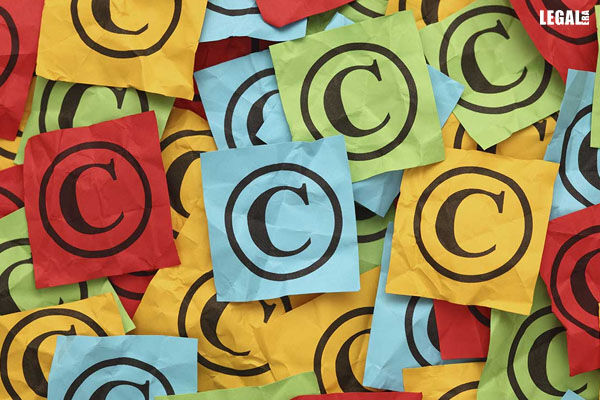
U.S. copyright law benefits only the rich
Pursuing a single case can cost millions
In the U.S., high litigation costs and slow-moving courts have turned copyright enforcement into a luxury good, unless one is wealthy. However, when the lawmakers formulated a provision for copyright law in the Constitution of the United States, they did not envision such a system.
Recently, Congress created the Copyright Claims Board, a cheaper forum for small-scale cases, but it only deals with claims up to $30,000. Thus, the more valuable the claim, the more expensive it is to defend, which means it is difficult for the common man to fight a case, especially against a corporate giant.
The affluent companies can drag out lawsuits for years, leaving others to run out of money or energy, or both.
For instance, Amazon was accused of copying the products and designs of third-party sellers on its own site and Zillow was sued by CoStar, owner of smaller rival Homes.com, for allegedly stealing tens of thousands of watermarked images. Despite a strong case against industry leaders, the futility of litigation exists because of disparity.
As for the Google v. Oracle case, litigation over a few thousand lines of Java API code spanned over a decade and two separate trials, before reaching the Supreme Court. Though Google prevailed under the fair use doctrine at the top court, the case cost both sides tens of millions, which is out of reach for the average creator.
In some cases, industry behemoths view copyright infringement as a worthwhile investment. A lengthy and costly litigation allows them to build their lead. If forced to pay for infringement, it is still an advantage for them.
In the privacy arena, tech titans like Google and Facebook play fast and loose with consumer data, rake in billions and pay modest fines for their doings.
Copyright has witnessed this even in the late 1980s, when industry leader Microsoft adopted many elements of then upstart Apple’s graphical user interface without permission. It acted first and dealt with the legal fallout later. While Apple sued in Apple Computer, Inc. v. Microsoft Corp., the court sided with Microsoft. This signified how the system works.
Retailers such as Target have also seen their fair share of copyright trouble involving claims that they rip-off the designs of others.
Similarly, Zillow, accustomed to copyright infringement claims, moves fast, even if it means violating the rights of others, and deals with the consequences later, ultimately, being the beneficiary.
It is said that even those who can afford to sue may face a grim prospects, as court battles take years, even decades in some cases.
In the Klinger v. Conan Doyle Estate case, the author won the right to publish new stories using Sherlock Holmes characters, but after 21 months of litigation over what was in the public domain. Interim relief can be difficult to come by, as by the time a ruling is held, the damage is already done. A mere admonishment for the industry leader, but the prospects are lost forever for the rival.
Changing the system is difficult, since lawyers are expensive, and courts are overwhelmed.
But as copyright challenges grow, especially in the AI era, new methods are required to help the creators. This does not mean that copyright owners should always win, but fair use should play a crucial role in helping the copyright law serve its purpose.